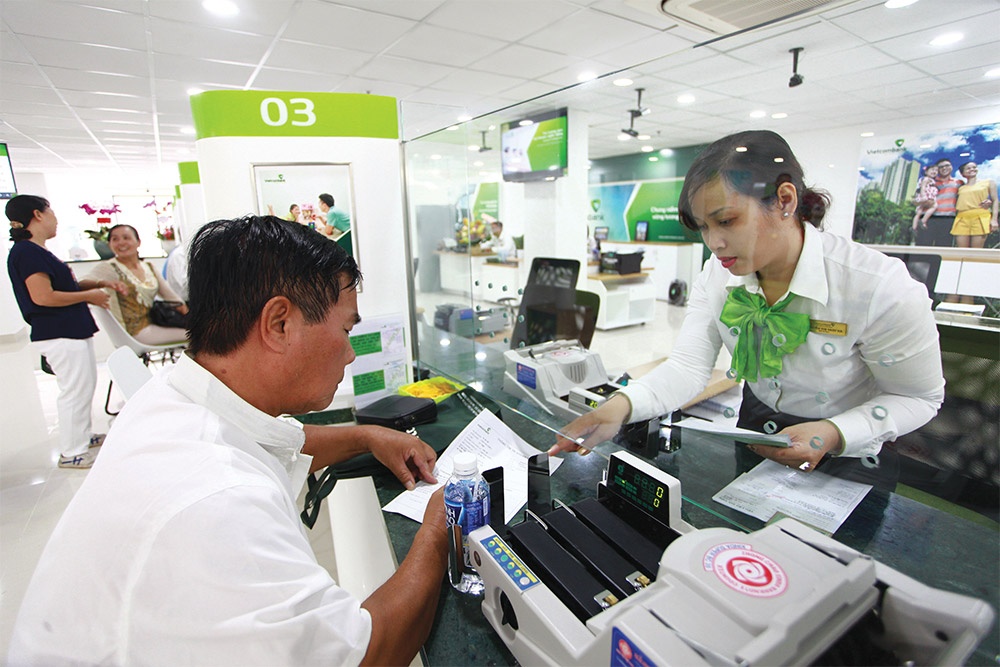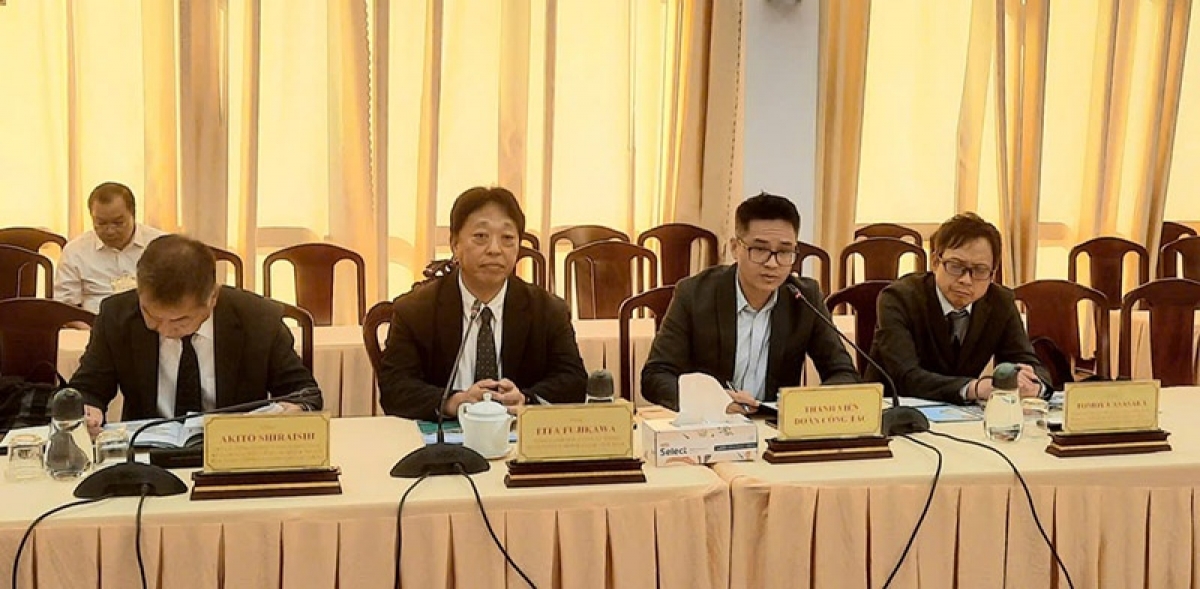INTERNATIONAL INVESTMENT
AND PORTAL
 Not all of the bigger banks have the capacity to take part in restructuring of smaller ones, photo Le Toan
Not all of the bigger banks have the capacity to take part in restructuring of smaller ones, photo Le Toan
In last week’s report on the implementation of the 2024 socioeconomic development plan, the Vietnamese government announced it has finalised the transfer plans for two banks acquired under compulsory purchase orders: CBBank and OceanBank.
The government also highlighted ongoing efforts to address weak credit institutions and detailed plans for restructuring other troubled banks, aiming to stabilise the financial sector.
The government’s report stated that the transfer plans for CBBank and OceanBank have been completed, while noting that work continues on the transfer process for GPBank and DongA Bank. Additionally, the government has reviewed a restructuring proposal for Saigon Commercial Bank, which is now awaiting its decision.
One challenge highlighted in the report is the slow progress in handling weak credit institutions and non-performing loans. “There are still gaps in policy and financial resources for restructuring weak institutions, particularly regarding the mandatory transfers of banks like CBBank, OceanBank, and DongA Bank,” the report outlined.
During a government meeting in late September, State Bank of Vietnam (SBV) Governor Nguyen Thi Hong said, “The banking sector is directing credit institutions to actively assess their financial situation and prepare for the smooth transfer of these troubled banks.”
She stressed that this transition is critical after a prolonged period of financial strain.
Market speculation suggests that Vietcombank and MB Bank are the leading candidates to take over CBBank and OceanBank, respectively. At its 2024 AGM, Vietcombank CEO Nguyen Thanh Tung confirmed that it had completed the transfer plan for CBBank and was awaiting approval from the SBV, aiming to finalise the process by the end of the year.
Vietcombank has been proactive in its approach, already supporting CBBank since 2015 through improvements in management practices, technology systems, and product offerings. Deputy CEO Phung Nguyen Hai Yen also stated that significant loans were extended in 2022 and 2023 to aid the bank’s stabilisation.
Similarly, MB has made significant progress in preparing for the mandatory transfer of a troubled bank, likely to be OceanBank.
“We have finalised our proposal to acquire a weak bank and submitted it to the SBV for government approval,” said MB’s CEO, Pham Nhu Anh, during their 2024 AGM.
He expressed optimism about concluding the transfer, stating that it would unlock new growth opportunities for MB, particularly in credit expansion.
Although MB has not officially disclosed the name of the bank it plans to acquire, indications point towards OceanBank.
“Working with OceanBank is both a strategic opportunity and a political duty for MB,” commented MB chairman Luu Trung Thai, adding that MB Bank is prepared to coordinate closely with OceanBank to review data systems and develop a restructuring plan.
Meanwhile, according to VPBank chairman Ngo Chi Dung, not all banks have the financial strength or governance capacity to take part in the restructuring of such banks, especially given their substantial accumulated losses and ongoing financial struggles. “From a purely financial standpoint, most banks are not inclined to participate in these restructuring efforts,” said Dung.
He explained that VPBank’s involvement is motivated by broader strategic objectives rather than immediate financial gains. With the support of strategic shareholder SMBC, VPBank has a solid capital foundation that enables it to engage in this process. While the restructuring may not directly enhance financial returns, it aligns with VPBank’s long-term goal of accelerating expansion, aiming for higher credit growth and the possibility of raising the foreign ownership cap.
“Currently, the foreign ownership limit for banks is set at 30 per cent, but VPBank has investors interested in increasing this threshold,” Dung said. “By participating in the restructuring of such banks, we could potentially expand this cap beyond 30 per cent, which is essential for VPBank’s growth and capital enhancement.”
 Traditional M&A entities buoyed by positive outlook
Traditional M&A entities buoyed by positive outlook
Several notable deals have emerged in Vietnam’s dealmaking landscape, signalling a rebound in such activities.
 M&As pick up pace in sectors from food to energy
M&As pick up pace in sectors from food to energy
A raft of transactions are still taking place in the Vietnamese market across different industries, from food to renewable energy, signalling improved sentiment from investors.



















